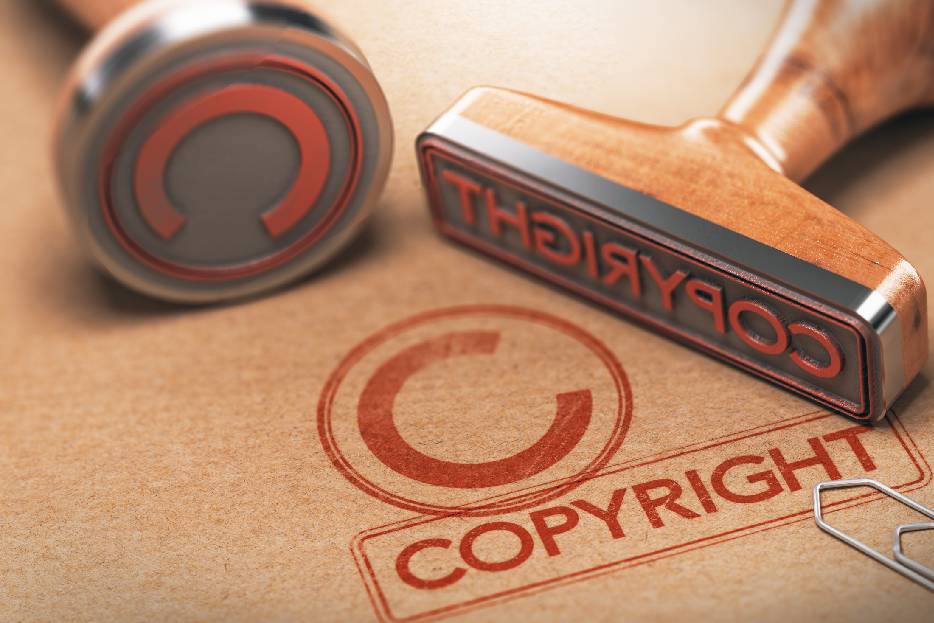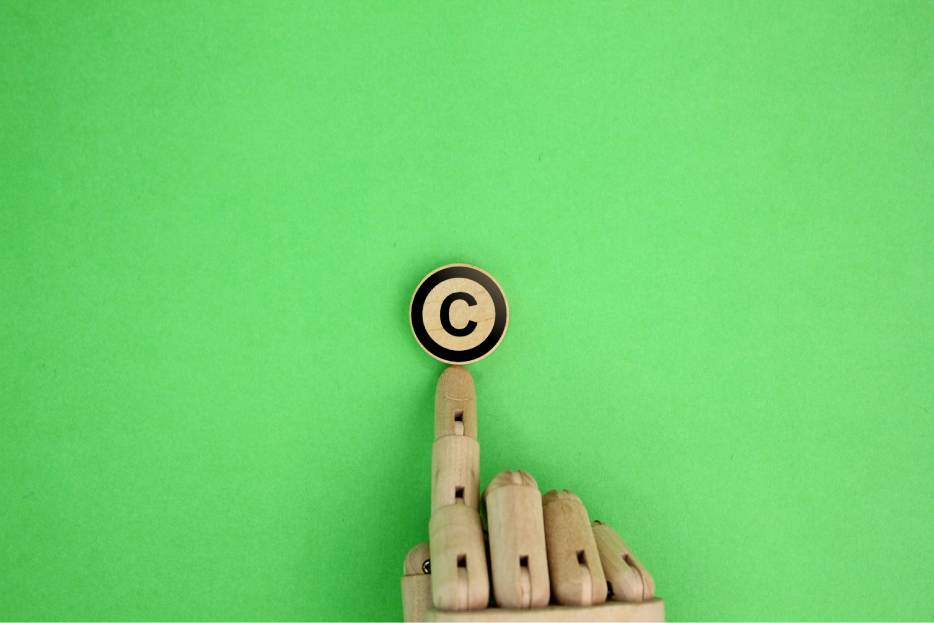A patent is more than a document; it is a legal safeguard and a guarantee of ownership that grants you exclusive rights over your invention, preventing others from making, using, or profiting from it without your permission.
It can also lead to market expansion, opening doors to new financial opportunities and long-lasting partnerships. Holding a patent demonstrates a company’s commitment to innovation, business growth, and its ability to defend its interests —and those of future investors, partners, and customers— against infringement on the legal front.
However, this protection only lasts for a while as patents are granted for a limited period. This temporary nature emphasizes the importance of patent maintenance. Who knows what can happen if a patent holder fails to maintain it properly? In most cases, paying regular renewal fees and consulting with a patent lawyer Miami can prevent any issue and keep the patent active.
Yet, the question remains: What happens when my patent expires? How does this impact my business and competitors? This will be the focus of today’s article, so if you are interested, keep reading and discover how patent expiration can affect your market position and future opportunities.
Table of Contents
ToggleHow long is a patent valid?
There are three types of patents: Utility, design and plant, each with a designated expiration term. Utility and plant patents share a 20-year long lifespan from the filing date. On the other hand, design patents have a slightly shorter lifespan of 15 years.
Patents can expire for two main reasons. One, the patent holder fails to pay maintenance fees on time and overlooks the grace period provided by the USPTO (United States Patent and Trademark Office); or two, the patent reaches its natural expiration date.
There can be other reasons, but those typically fall under early termination mainly because the patent holder voluntarily chose to indulge their patent, faces a legal issue such as prior art or, in some cases, the patent may be subject to cancellation if it has not been commercially used.

Consequences of patent expiration for business
Now, let’s say that your patent reaches its 20-year mark or you fail to pay maintenance fees. What would happen if you don’t act quickly and submit a petition for renewal?
1.- Loss of market exclusivity
Once a patent expires, the invention it covers is no longer exclusive to the patent holder, and anyone can capitalize on it without facing legal consequences that could require a commercial litigation Miami lawyer.
This is good news for competitors. The patent’s expiration offers them opportunities to enter the market and exploit an invention that is now in the public domain.
However, this situation can take a different turn if the competitor seizes the opportunity to file a new patent application for the same or very similar invention, using the “Race to File” principle. This means that the company that files a patent application first secures the rights to that invention, even if they were not the original inventor.
2.- Significant economic impact
IP exploitation allows the patent holder to use their rights and convert them into profit by producing and selling the patented products or licensing the patents to others.
Without these rights, competition will start to increase, and while this is beneficial for them as they are now free to replicate and sell the invention —potentially flooding the market and driving down prices— the original patent holder could face substantial economic losses due to reduced market share, lowered profit margins and socially because of the inability to control prices.
As more companies enter the market with similar products, the exclusivity that once allowed patent holders to set profitable prices diminished, forcing them to lower prices to remain “competitive”.
3.- Impact on reputation
For a business, the term “reputation” is more than a simple word; it is a valuable asset that fosters credibility and trust among customers and investors. Many factors contribute to building this reputation. For example, having exclusive rights over an invention can establish a brand as a symbol of innovation, leadership, and originality.
So, if the exclusivity is lost, the brand’s reputation could be at risk. Consumers may gravitate toward lower-priced alternatives, while others may perceive the struggle to maintain a competitive edge as a sign of a weakening authority.
This shift can also impact investors’ confidence, as they may begin to question the brands’ long-term viability and potential for growth.

Can the expiration of a patent bring positive change?
When a patent expires, it means that the exclusive rights to an owner’s invention are no longer in effect, which can bring a list of consequences, some potentially negative, but not all necessarily “bad”.
Patent expiration can also open up a whole selection of opportunities, sometimes even leading businesses to a broader market.
1.- Opportunity for innovation
When the original patent expires, and the owner notices the emergence of similar inventions aiming to replace theirs, it may be an ideal time to consider enhancing the invention to maintain a competitive edge.
Certainly, this can be an aggressive way of stepping out of a comfort zone, but it also presents an opportunity for innovation and growth. By improving the existing invention, whether through new features, increased efficiency or addressing gaps in the market, the business can reposition themselves as a quality leader in their industry sector.
2.- Enhance accessibility
It is true that when a business loses the exclusivity of its inventions, prices may drop, and it will lose profits by either lowering its prices or losing customers to competitors. However, it is also important to recognize that this increased competition creates greater accessibility, which benefits consumers by making valuable products more affordable.
A business in this situation must understand that accessibility does not equate to sacrificing quality for lower prices, as some competitors might assume. Having this mindset is a way for a business to regain customer loyalty.
Focus on customer satisfaction, temporarily lower your prices and maintain a balance between affordability and high-quality products until your brand reclaims its position in the market.
3.- Rise of partnership agreements
When a patent expires, it doesn’t have to lead to a battlefield. Instead, patent holders and competitors can form an alliance to enter new markets and expand their product lines.
By combining resources and expertise, both parties can create synergies that benefit them from the shared use of the previously patented technology. This collaboration fosters the development of enhanced products, tapping into new consumer bases and markets, which leads to mutual growth.
However, it’s important to consult with a commercial litigator and patent lawyer miami before making any decisions, as they can advise you on the legal implications of entering such partnerships. For more information, don’t hesitate to contact us or look at our blog.


